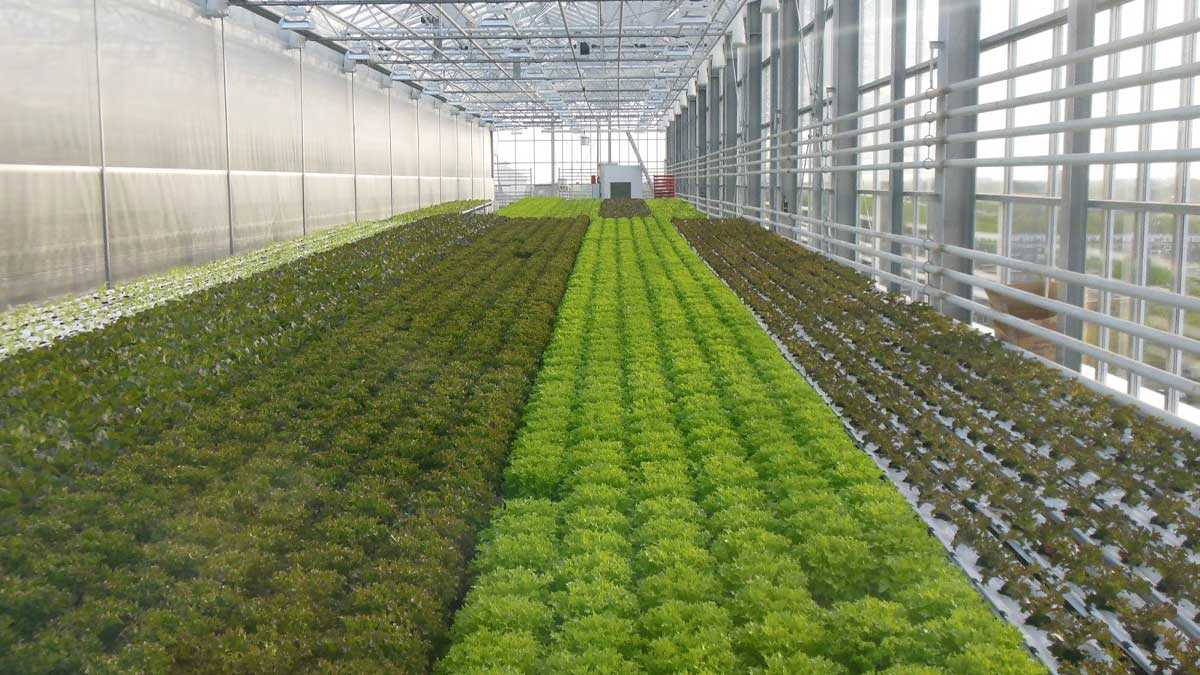The repurposing current agricultural public policies could deliver multiple benefits for people, the planet and the economy, said World Bank.
Martien van Nieuwkoop, the Director of Agriculture and Food Global Practice at the World Bank, says, “Agriculture policies and public programs are ripe for change. Policymakers are well-placed to scrutinize and rethink current policies and programs to better benefit farmers increase food security, build resilience in the face of climate change and reduce greenhouse gas emissions.”
In a report, jointly prepared by the World Bank and International Food Policy Research Institute (IFPRI), it has been said that repurposing current agriculture public policies could deliver multiple benefits for the people, the planet, and the economy. Climate change is no more a threat but has already badly affected agriculture.
Read more: Pakistan witnessed record production in agriculture sector
The report with the title “Repurposing Agriculture Policies and Support: Options to Transform Agriculture and Food Systems for Better Health of People, Economies, and Health” says that repurposing support would focus on productivity-enhancement and emissions-reducing technologies and it has the greatest potential for delivering “triple wins” for a healthy planet, economy, and people.
The report further says that by the year 2040, the greenhouse gas emissions from agriculture production will double, with 56 million hectares of new land being used for agriculture between 2020 and 2040. The report says that the most effective repurposing requires policy incentives and public investment in technologies that reduce emissions and enhance productivity to meet the growing demand for food and ensure food security.
These technologies include feed supplements that reduce livestock emissions while increasing productivity and rice production systems that use less water and produce less methane without harming the interests of the farmers.
Johan Swinnen, the Director-General of International Food Policy Research Institute and Global Director for Systems Transformation said, “Everyone must come together to reset current policies if we are to address the threats of climate change and unsustainable food system. Together we can build better food systems and progress towards shared development goals if we start reforming our policies now.”





















